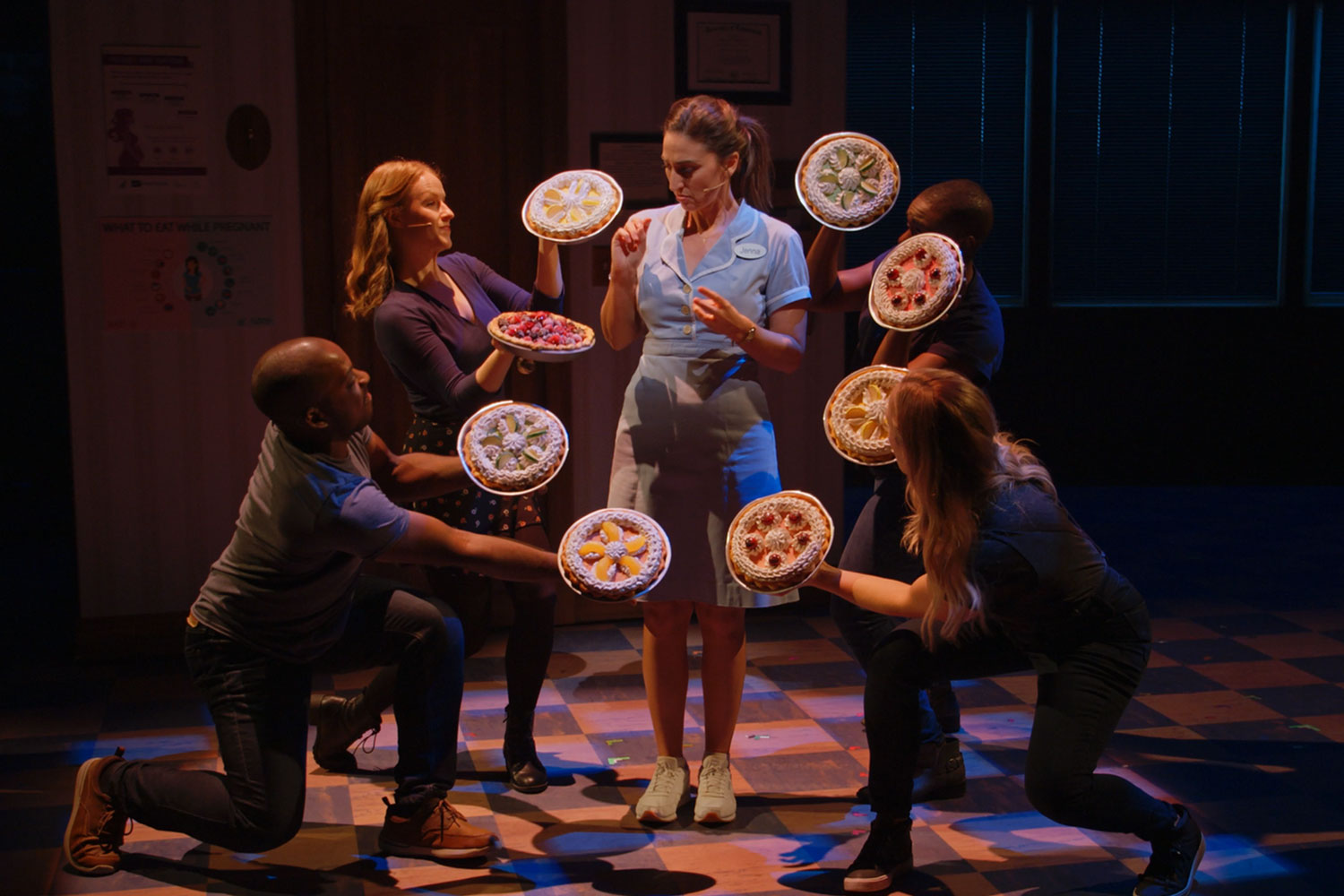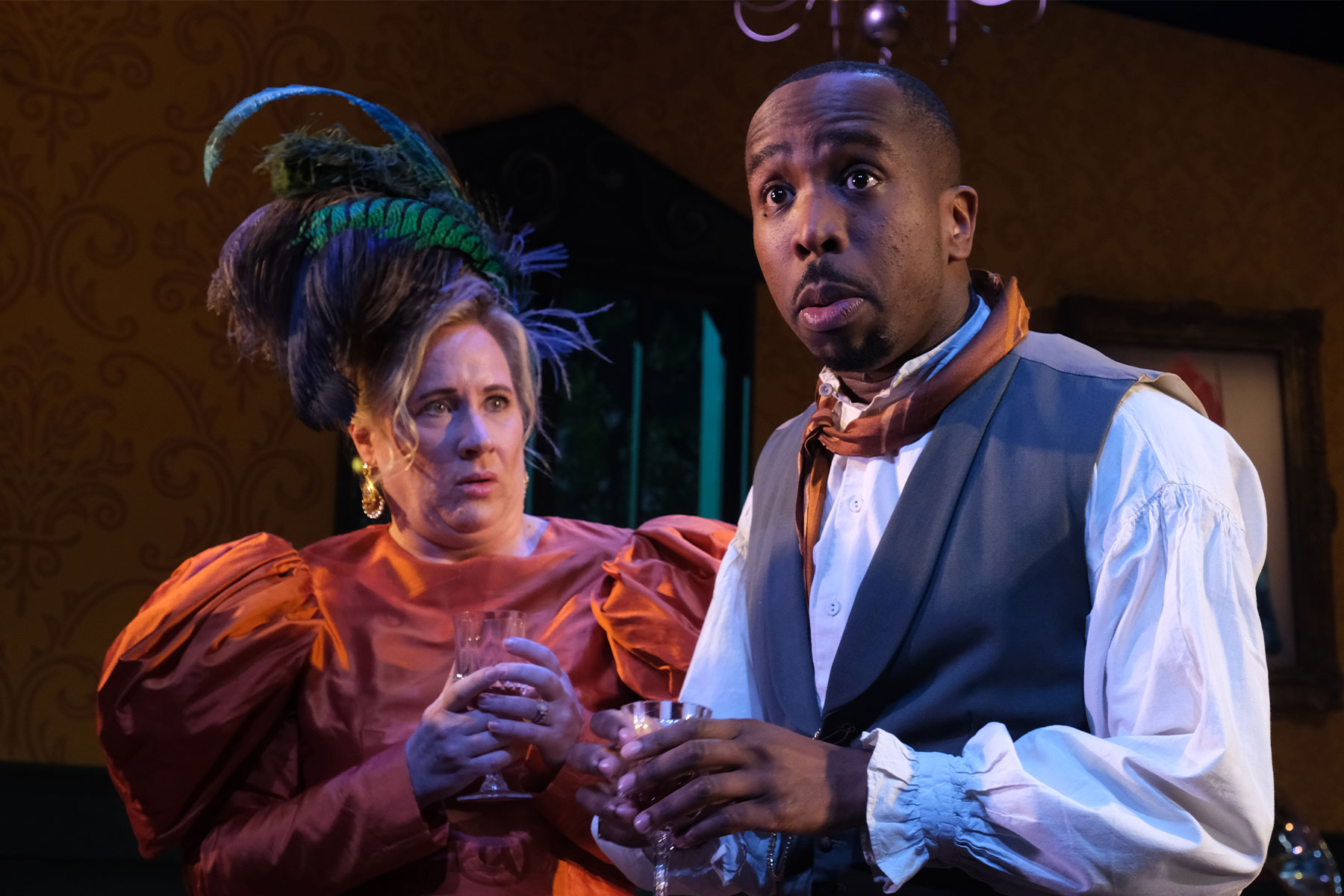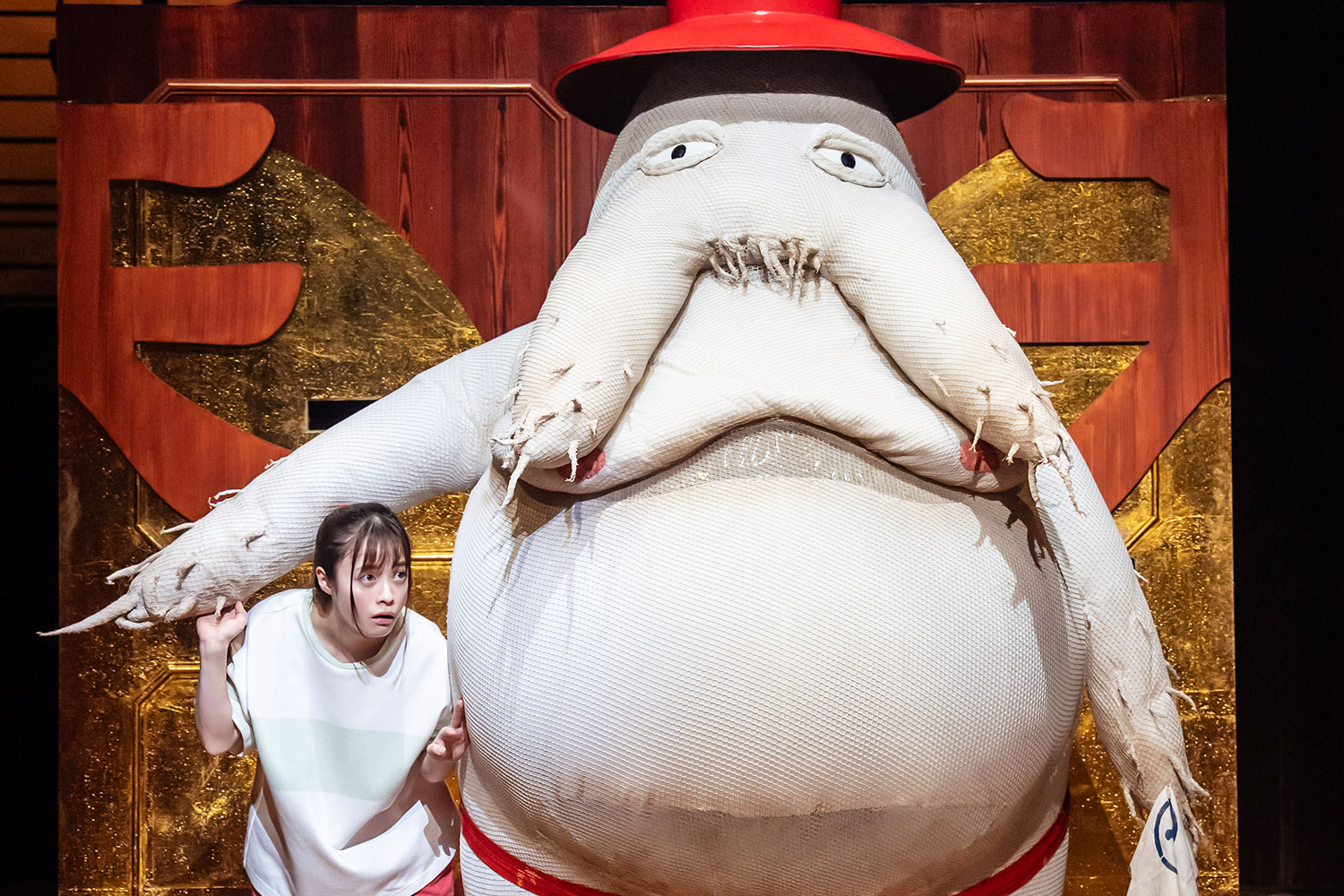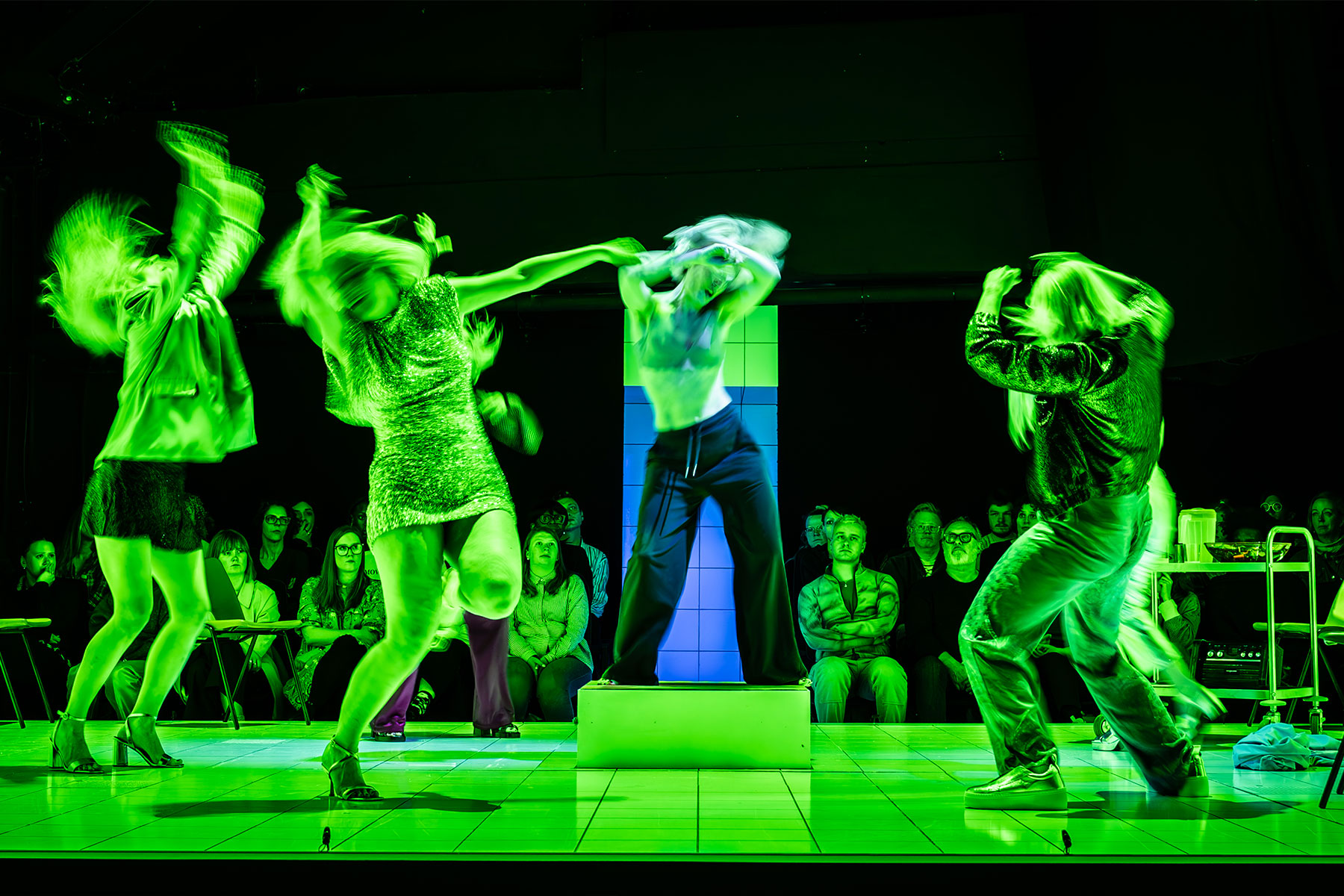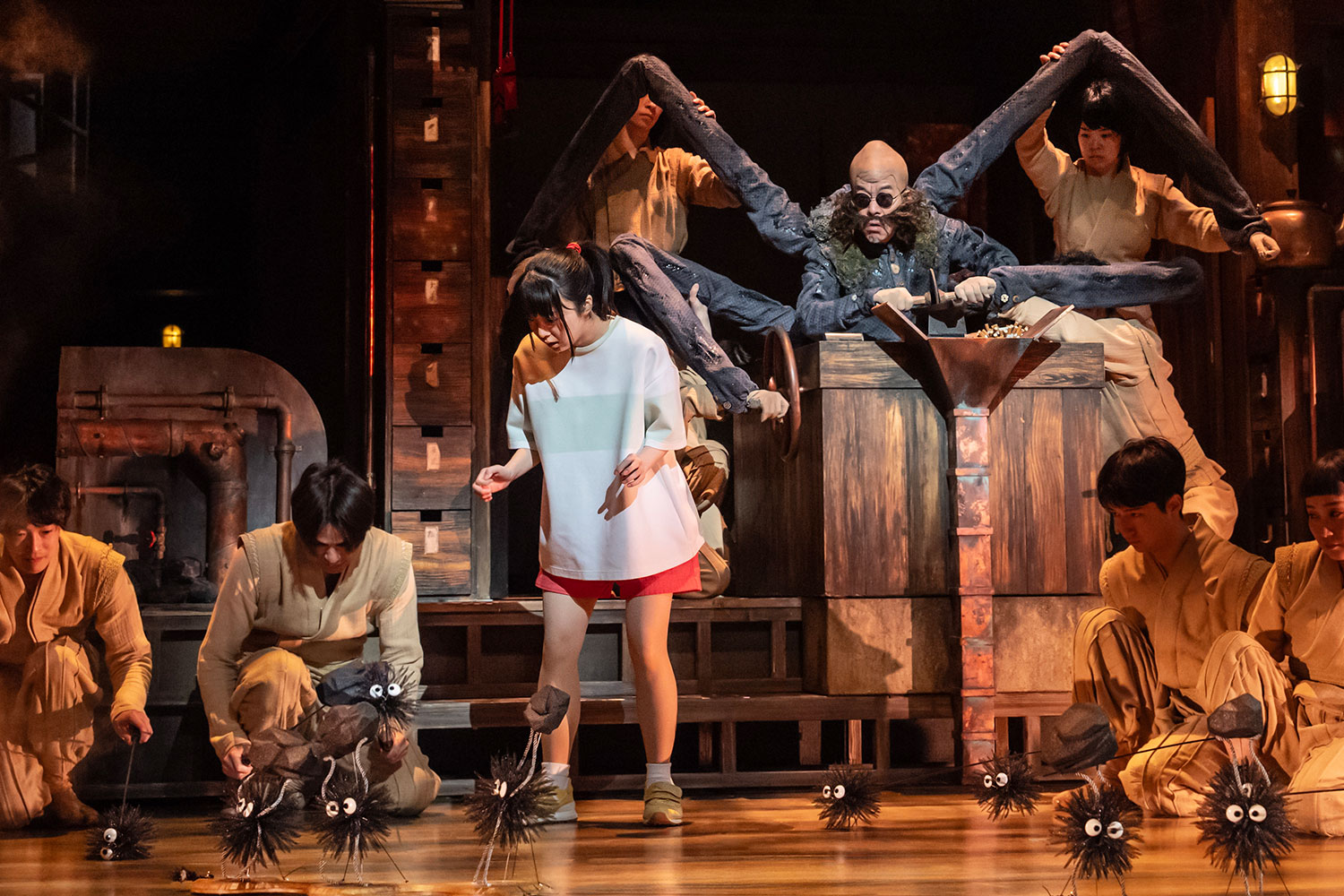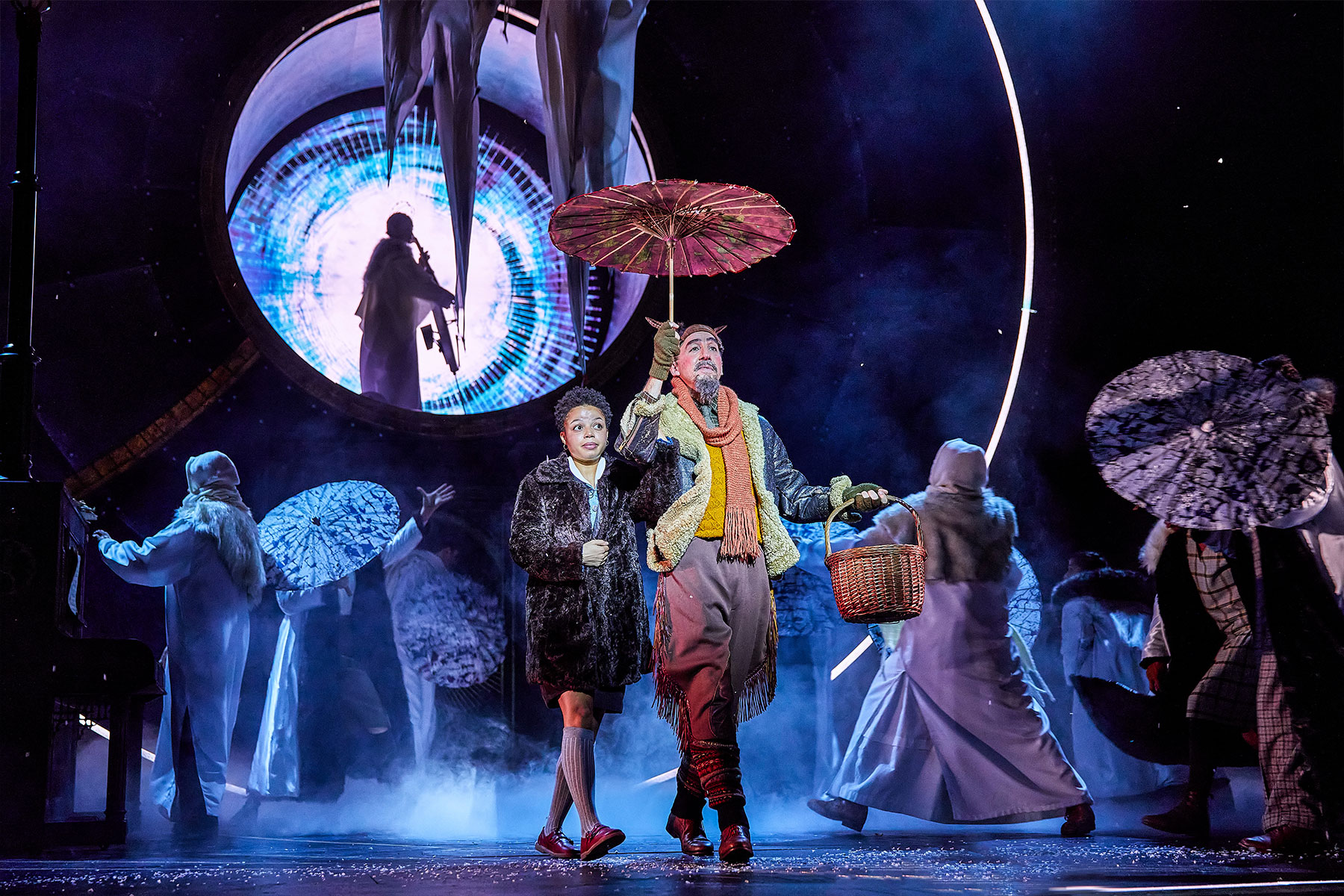The Sorcerer
Opera della Luna at Cambridge Arts Theatre
I suspect that I’m in the same boat as most people who enjoy the Savoy Operas. W S Gilbert’s third collaboration with Arthur Sullivan is – its famous patter-song apart – unfamiliar and very rarely staged.
The enterprising Opera della Luna, which uses a small on-stage instrumental ensemble and dispenses with a chorus, has updated the action of The Sorcerer by a century in Jeff Clarke’s production; we’re in the 1970s, the era of flower power, hippydom and the pot-flavoured mantra of “make love not war”.
The spoken text has also been discreetly (and at times positively blatantly) revised. That leaves a problem over the lyrics with Gilbert’s typical complicated rhyme schemes. The score and single setting used are basically those of the 1884 revival rather than the 1877 original, but there is still a sense of the individual songs being situation- rather than character-driven. That doesn’t mean that it isn’t great fun, for it is.
Articulation is important in any Gilbert & Sullivan operetta, and this cast has crystal-clear enunciation, notably from Philip Cox as the vicar Dr Daly and Simon Butteriss as John Wellington Wells. The former is very good, especially in “Time was when love and I were well acquainted” and as he chivvies his rural flock with de haut en bas bonhomie. The tuned bells for the opening “Ring forth ye bells” works splendidly. Butteriss manoeuvres effortlessly through “My name is John Wellington Wells’ and the “Now, shrivelled hags” incantation and re-appears for the finale as a sort of avatar of Updike’s Daryl Van Horne.
Young love is represented by Alexis and Aline, whose wedding contract is about to be signed in Graham Wynne’s vicarage garden marquee. Oliver White, surely one of the tallest tenors around, is a hippy beanpole in purple, well-matched by Emma Morwood’s droopy blonde. Morwood has a big soprano voice which copes effortlessly with “Happy young heart” and “Alexis, doubt me not” as well as the concerted numbers. White’s “For love alone” is also well sung and sets Alexis’ character for all that follows.
Sylvia Clarke is an effective Lady Sangazure, fore-mother to future contralto roles depicting older women with frustrated longings. Rhona McKail is Constance, yearning hopelessly for the vicar’s love and then finding herself entangled with the grizzled notary in Act Two. Summer of love this may all be, but I’m not sure either the librettist or the composer would have tolerated quite so much lustful activity. Or perhaps the 1970s are now as lost in mythology as the Victorian era.
– Anne Morley-Priestman



